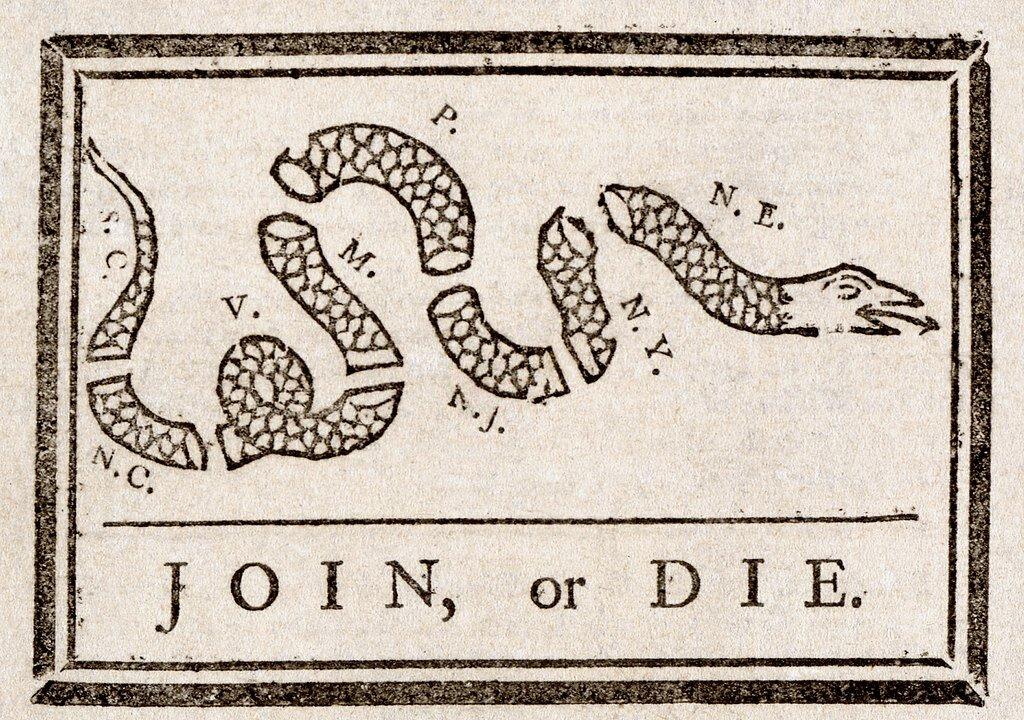In the 1750s, American merchants commonly smuggled goods to avoid excessive British taxes and restrictions, which created a major financial problem for the Crown. To address this problem, the British Parliament approved the use of writs of assistance against the colonists.
A writ of assistance was a general search warrant that granted constables and any other public officers broad authority to inspect homes, shops, ships, or warehouses searching for smuggled goods. There were broad powers attached to these writs: They did not need to specify a location; they did not need a specific reason for the search; there were no specifics indicated in the writ regarding what they were looking for; and therefore, there were no legal limits to the authority of these writs, which could be used over and over again.



